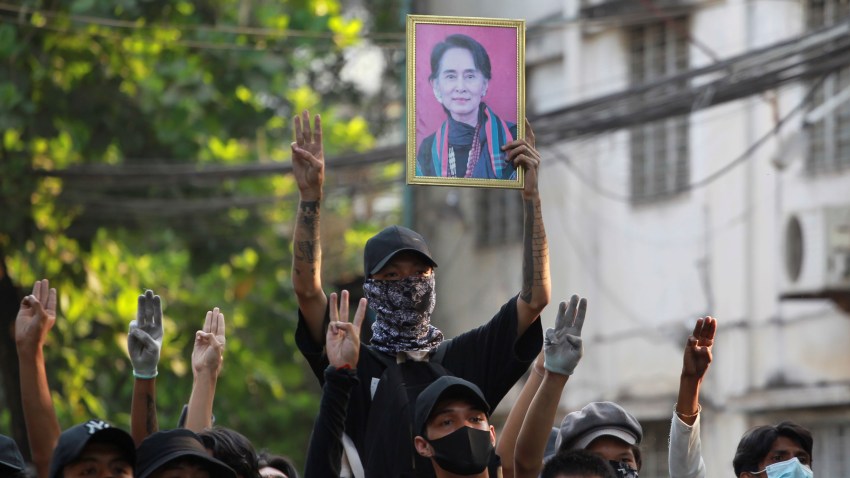When the military junta that rules Myanmar announced last week that it was issuing a partial pardon for the iconic opposition leader Aung San Suu Kyi, it seemed a sign that the regime might be preparing to loosen its grip and perhaps even to compromise with the opposition.
After all, the imprisoned Nobel Peace Prize winner has long towered over Myanmar’s pro-democracy movement, becoming a global symbol of resistance against a brutal military junta. So the regime’s decision to cut several years from Suu Kyi’s 33-year prison sentence sounded like it might herald a measure of flexibility after more than two years of conflict and mass atrocities that have left thousands dead and 1.5 million displaced.
That optimistic interpretation, however, is being rejected by many Myanmar observers.

